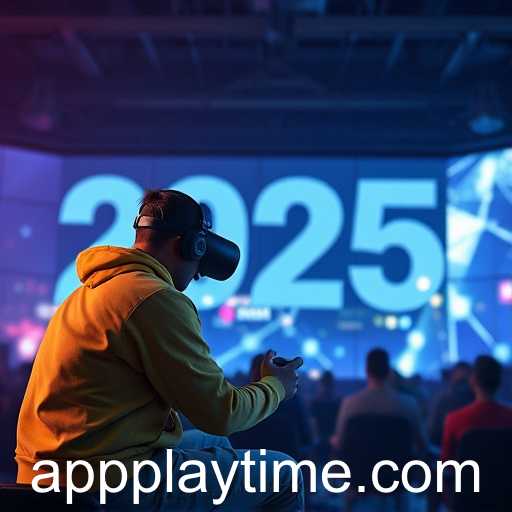As we delve into the year 2025, the landscape of online gaming continues to evolve at an unprecedented pace. One of the most significant trends is the concept of 'Playtime,' which has become a focal point for gamers worldwide. Playtime refers not just to the hours logged on various gaming platforms but to the quality and depth of experiences players seek in virtual environments. In recent years, the gaming community has seen a shift towards more immersive and socially interactive games that encourage collaboration and community building.
The expansion of virtual reality (VR) and augmented reality (AR) technologies has played a pivotal role in this shift. These advancements have made gameplay experiences more realistic and engaging, blurring the lines between the physical and digital worlds. Games that incorporate VR and AR elements are gaining popularity, with players seeking new ways to interact with their favorite titles and fellow gaming enthusiasts.
Moreover, the rise of cloud gaming services has democratized access to high-quality gaming experiences. With major tech companies investing heavily in cloud infrastructure, gamers can now enjoy AAA titles on a variety of devices without the need for expensive hardware. This accessibility has led to a surge in the gaming population, further fueling the trend of collaborative play and community-driven content.
In response to these developments, game developers are increasingly focusing on creating content that fosters long-term engagement and social interaction. Community events, live updates, and user-generated content have become standard features for many popular games. These elements not only enhance replayability but also strengthen the bonds within gaming communities.
As we look ahead, the dynamics of playtime will continue to be influenced by technological advancements and the evolving preferences of the gaming audience. The integration of artificial intelligence and machine learning in game design promises to offer even more personalized and adaptive gaming experiences.
In conclusion, the concept of playtime in 2025 is much more than just a metric of engagement. It represents a vibrant and ever-changing ecosystem where technology, creativity, and community come together to redefine what it means to play.








